With last month’s attempted undiebomber attack aboard Northwest Airlines Flight 253, now is the opportune moment to take stock of several lessons learned from the event and to reflect on the future of the so-called “War on Terrorism.”
On September 20, 2001, while the pile of rubble at Ground Zero was still smoking, then-President Bush gave a speech to the nation. Two fateful sentences defined his speech, and would come to define his presidency:
“Our war on terror begins with Al-Qaeda, but it does not end there. It will not end until every terrorist group of global reach has been found, stopped, and defeated.”
Of course, this speech was followed up by two massive war efforts, one in Afghanistan and another in Iraq. This strategy of conventional warfare, as the country has seen over the past eight years, is not the most efficient, cost-benefit wise. Because of this, the United State’s strategy towards international terrorism has evolved.
Conventional warfare to root out terrorists – i.e. full-scale country invasions – is not a practical option, probably at the very least for another decade. Instead, the United States will be fighting via proxy: training, arming and assisting the host country. It’s simply more efficient.
It would not be feasible to invade every major terrorist breeding ground, and the American public can no longer stomach the colossal cost. A similar phenomenon occurred after Vietnam during the Cold War, when the United States decided that such full scale wars were just not worth it.
We have learned this lesson by trial and error, are applying it in Yemen today, and should continue to apply it there. We cannot afford another war.
Yemen teaches us a second lesson: if terrorism is crushed in one place, it will move to another. Like water flowing down a hill, terrorists take the path of least resistance. Decentralized, weak states like Yemen will continue to be the breeding grounds of terror.
This means that we cannot just focus on continued problems in Afghanistan and Pakistan; we must be vigilant, and watch for threats in other countries as well. Islamic countries with weak governments are the threats to our security. Somalia and Lebanon, for example, deserve more attention than what we are currently giving them.
Somalia and Lebanon are both dangerous for another reason that can be gleaned from the undiebomber: Al-Qaeda has become decentralized, and local groups are growing on the international level. The attempted attack over Christmas was not authorized by the core of Al-Qaeda. Instead, it was planned by an Al-Qaeda affiliate in the Arabian Peninsula.
Somalia and Lebanon also have their own local terrorist groups: al-Shabaab and Hezbollah, respectively. These groups pose the greatest threat to our national security because of “lone wolf” attacks like the undiebomber incident, attacks perpetrated by a single fanatic. These attacks will likely become more common, simply because they have the most chance of being successful.
Finally, perhaps the most practical lesson to be taken from this incident is that the government can’t do everything. Just because we pay taxes doesn’t mean we should expect it to, either. Human beings are flawed, and naturally our institutions are too.
So, to summarize: the United States should be aware of developing terrorist movements in failed states and should be prepared to counter them, not by invasion, but by proxy warfare. While we cannot expect the government to be successful 100% of the time, that doesn’t mean it shouldn’t try.





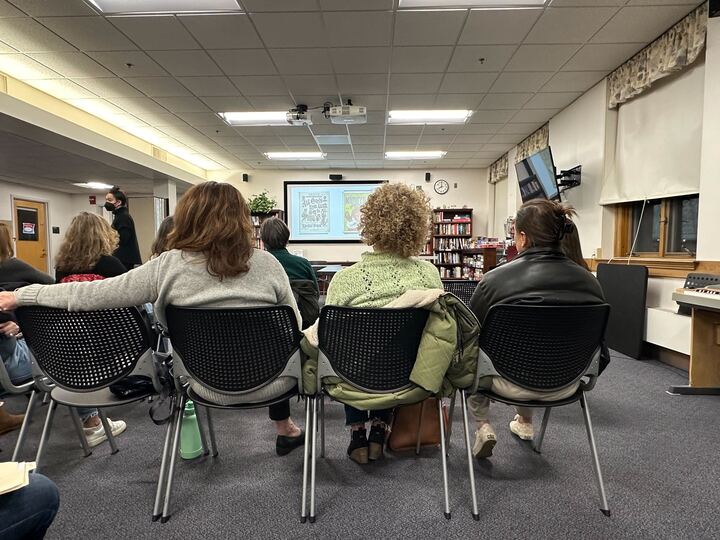

















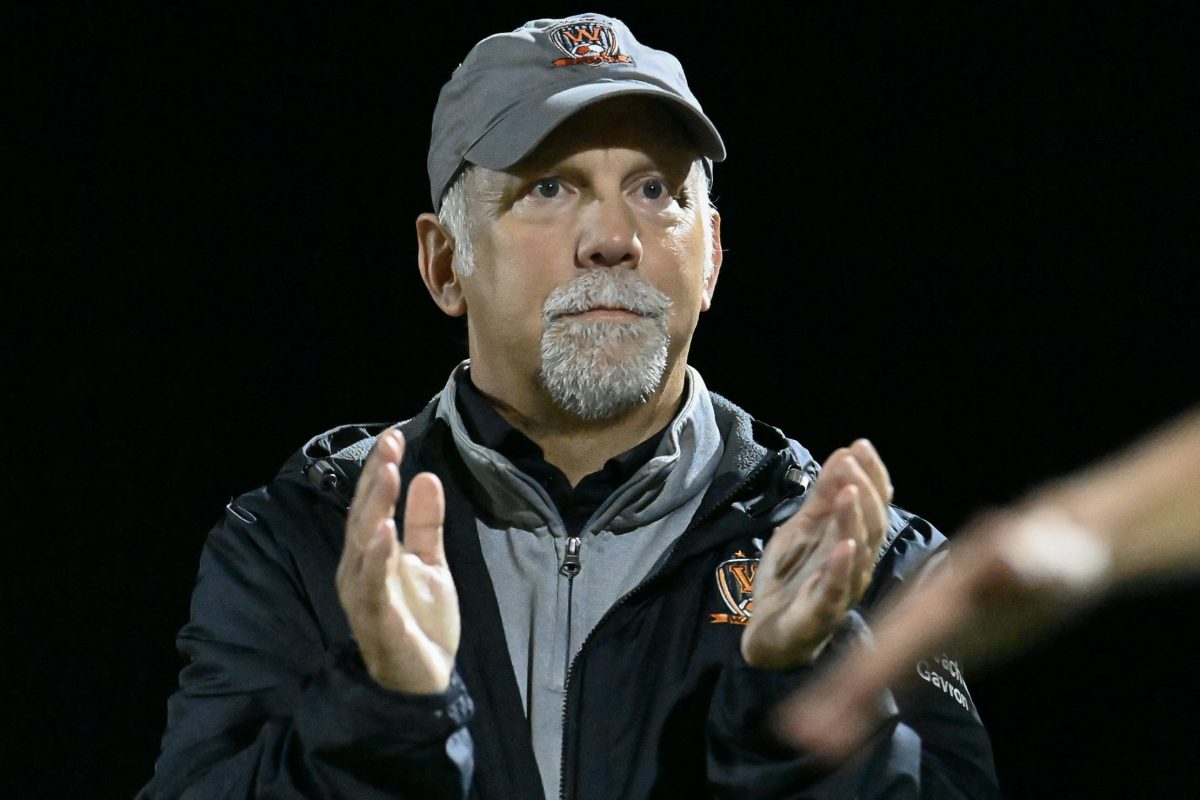






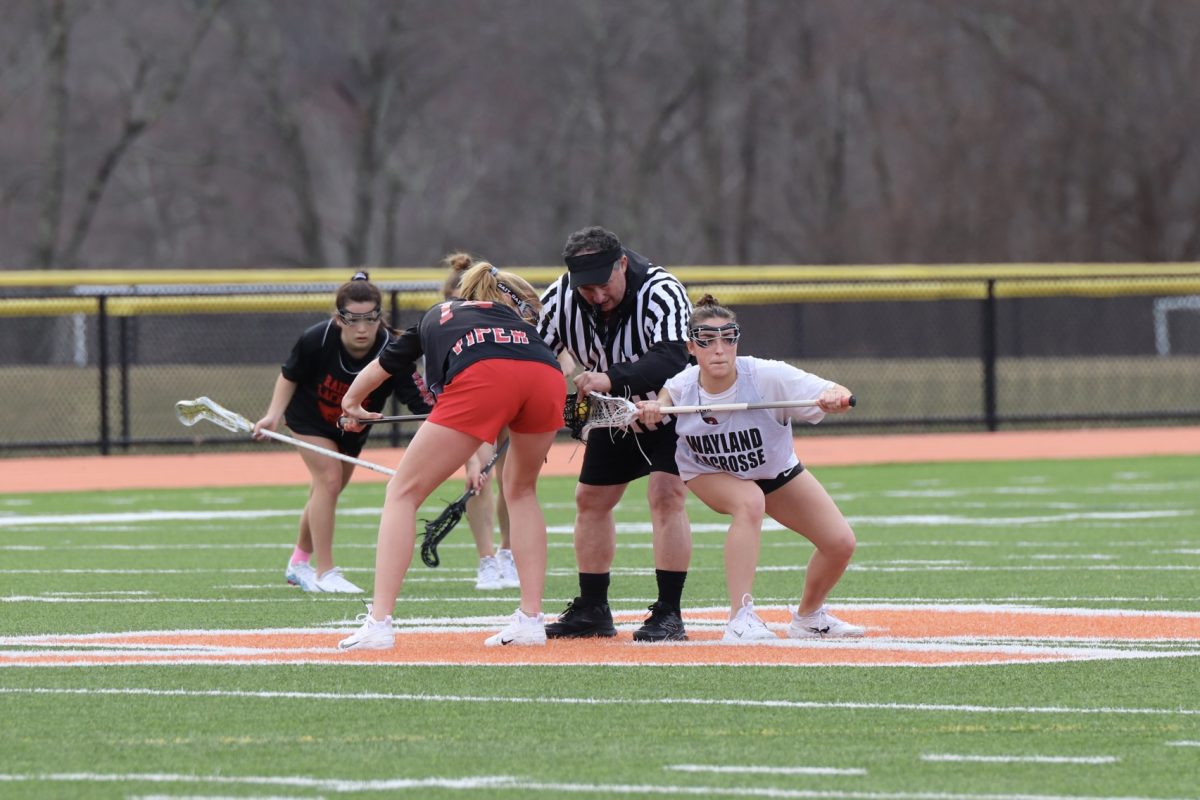
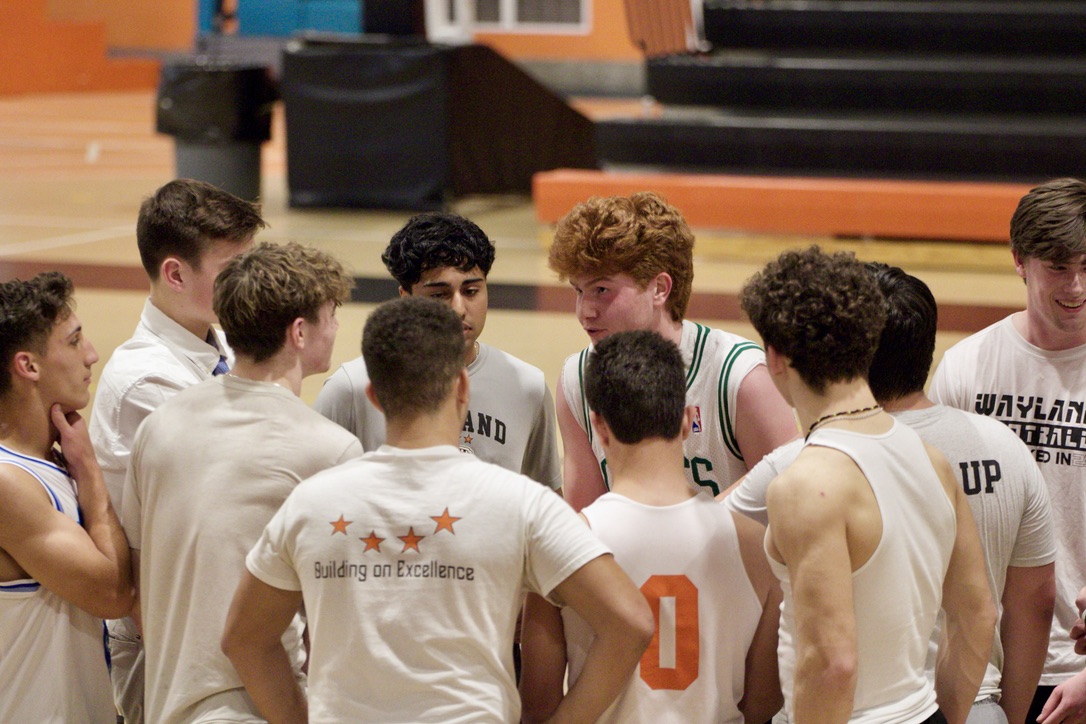

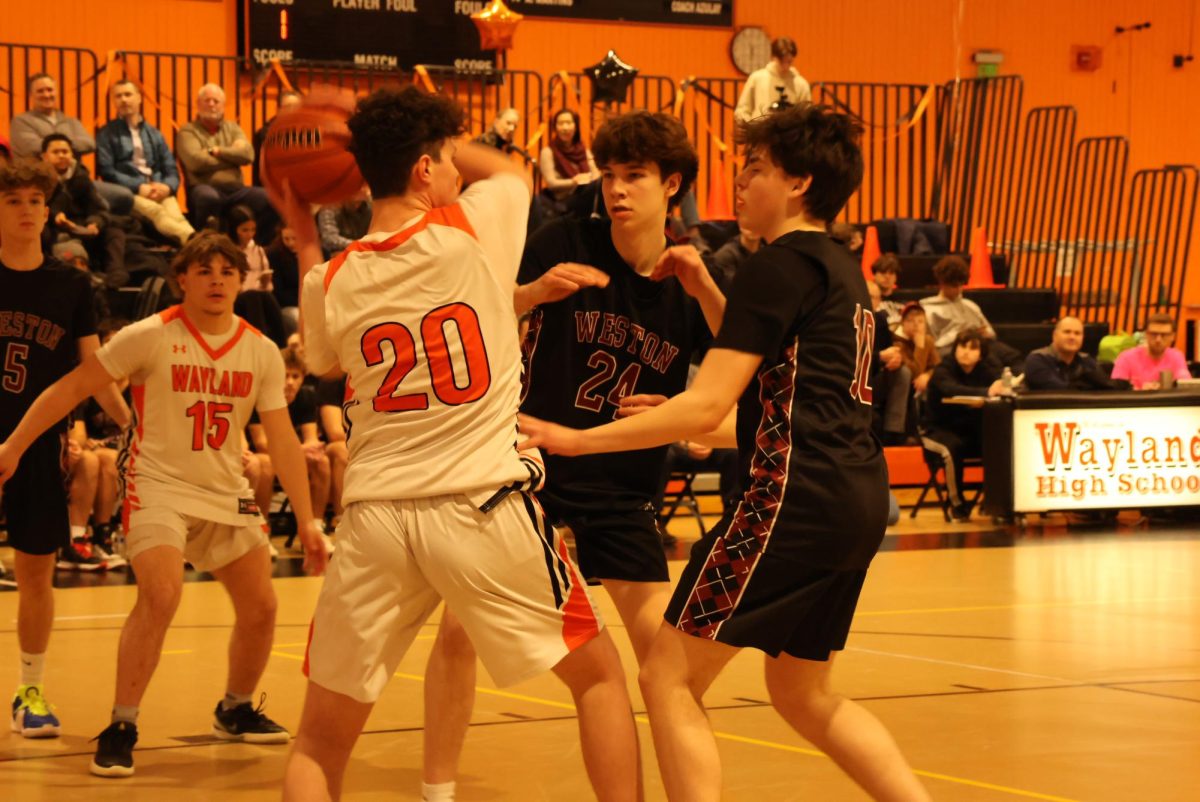














































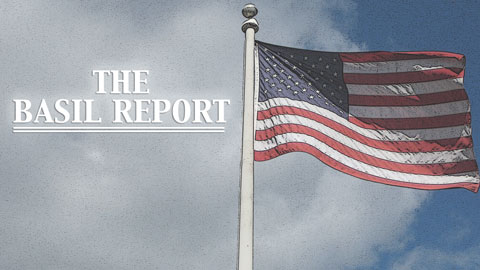




Common Sense • Feb 3, 2010 at 8:35 PM
The question one should ask is if Obama is keeping us safe and doing the necessary things to ensure it. Does Obama's liberal worldview and immaturity and his lack of strong advisors help or hurt the US in its fight against terrorists?
mtndew • Jan 13, 2010 at 9:51 PM
our security in the United States in airports is not near good enough. We need to look to implicate something like Israel's airport security.
Ben Schattenburg • Jan 13, 2010 at 12:31 PM
I concur